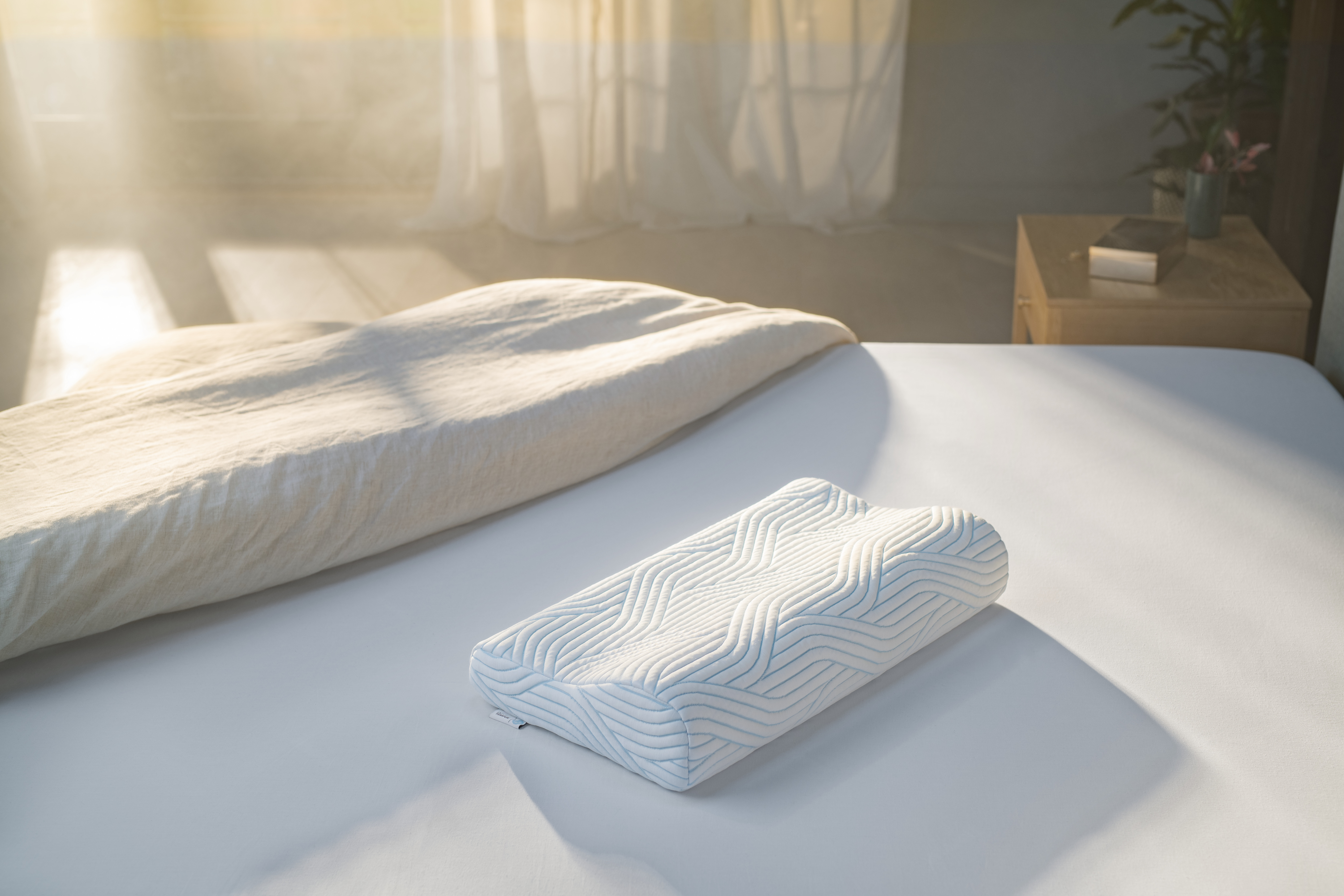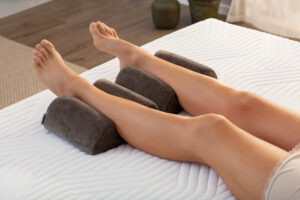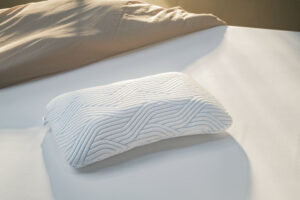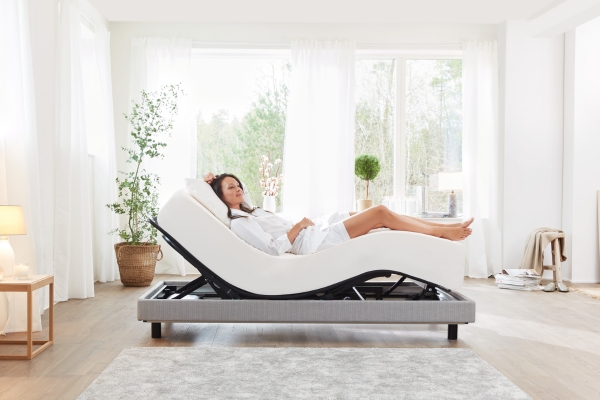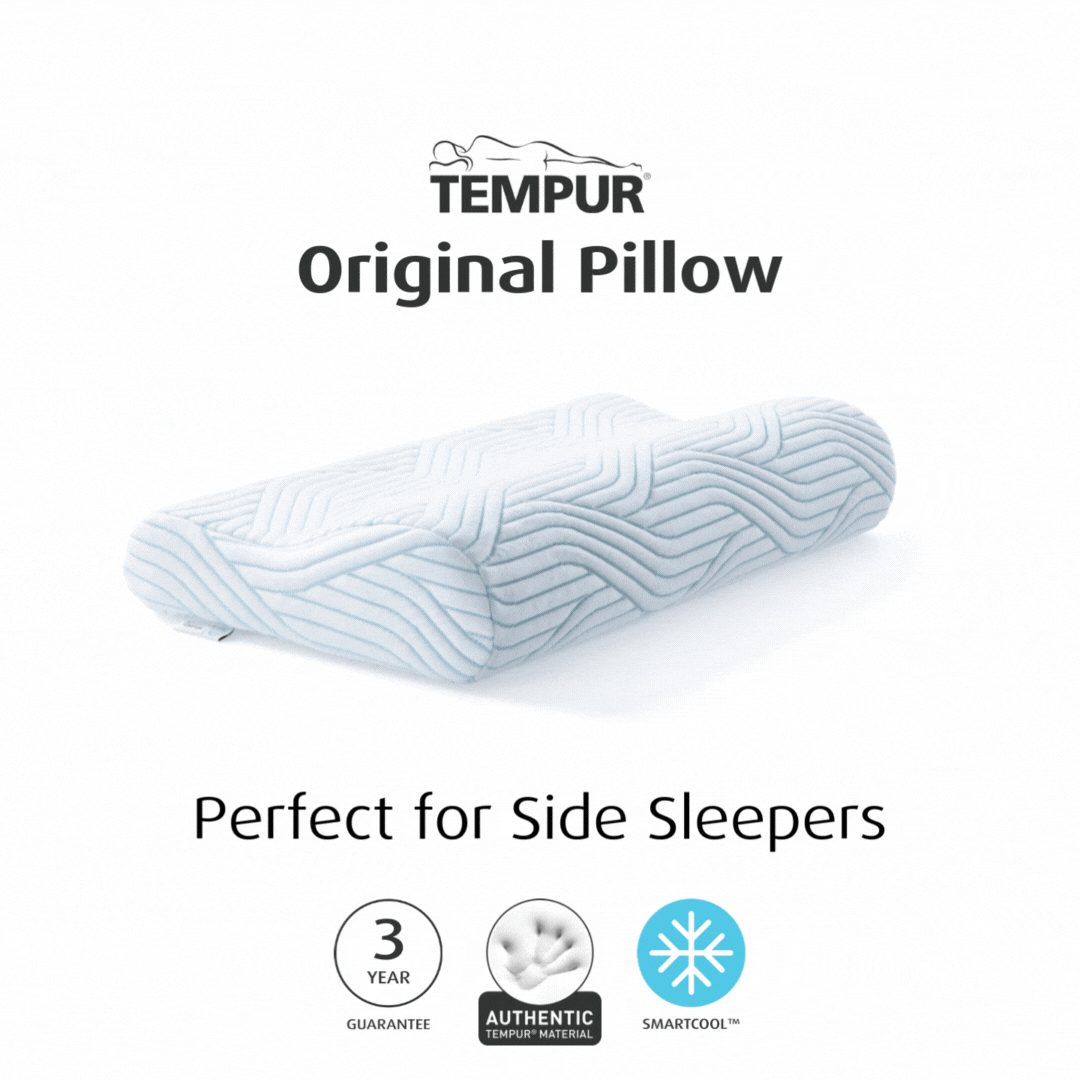Sleep is vital to our overall well-being, yet many people experience issues that interfere with getting proper rest. Experiencing difficulties with sleep is common, but thankfully, many sleep disorders can be managed once properly identified.
But how do you know if you might have a sleep disorder? Here are some common signs:
-
Taking more than 30 minutes to fall asleep regularly.
-
Frequently waking up during the night and having trouble falling back asleep.
-
Feeling excessively sleepy during the day, taking frequent naps, or falling asleep at inappropriate times.
-
Being told by your sleep partner that you snore loudly or choke while sleeping.
-
Feeling tingling, creeping, or crawling sensations in your legs or arms
-
Experiencing jerking movements in your legs or arms while asleep.
These signs may point to one of several common sleep disorders, each with its unique symptoms and treatments. Here are a few and how you may get past them:
1. Sleep Apnea
What is Sleep Apnea?
Sleep apnea is a condition where breathing is repeatedly interrupted during sleep. These interruptions can last from a few seconds to minutes and may occur many times throughout the night. This disorder can lead to poor quality sleep and excessive daytime sleepiness.
Indicators of Sleep Apnea:
-
Loud snoring, snorting, or choking sounds during sleep
-
Interruptions to breathing
-
Waking up with a dry mouth or sore throat
-
Morning migraines
-
Insomnia or waking up frequently throughout the night
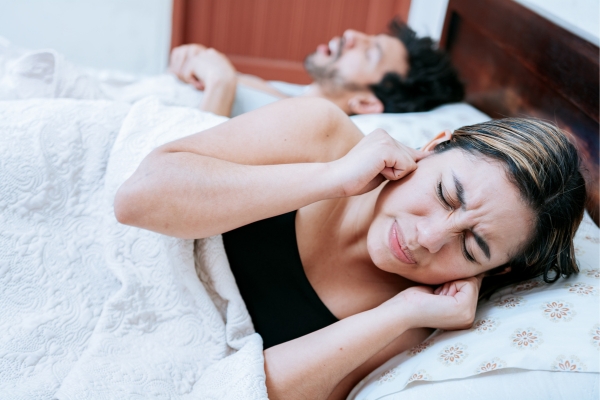
How to Alleviate Sleep Apnea:
-
Lifestyle changes: Maintaining a healthy weight and avoiding alcohol, smoking, and sedatives can reduce symptoms.
-
Sleep position: Sleeping on your side may help keep your airway open, reducing episodes of apnea. To help keep this position, one may use a Tempur Original Pillow for proper spine alignment and for ultimate neck support to help with breathing.
-
CPAP therapy: A Continuous Positive Airway Pressure (CPAP) machine is often prescribed to help keep airways open.
-
Oral devices: Special dental devices may help by adjusting the position of the jaw and tongue.
Tempur Original Pillow
Designed for proper spine alignment and for ultimate neck support to help with breathing
ADD TO CART

2. Insomnia
Insomnia is one of the most common sleep disorders, characterized by difficulty falling asleep, staying asleep, or waking up too early. Insomnia can last from a few days up to several months.
Symptoms of insomnia include:
-
Difficulty falling asleep at night.
-
Waking up during the night.
-
Not feeling well-rested after sleep.
-
Daytime tiredness, irritability, or difficulty concentrating.
How to Alleviate Insomnia:
-
Optimal Sleep Environment: Establishing a regular sleep schedule, creating a relaxing bedtime routine, and optimizing your sleep environment (e.g., keeping your bedroom dark, quiet, and cool, or using sleeping oils) can promote better sleep.
-
Cognitive Behavioral Therapy (CBT): This therapy can help address the thoughts and behaviors that contribute to insomnia.
-
Limiting stimulants: Avoid caffeine, nicotine, and large meals close to bedtime.
-
Relaxation techniques: Meditation or deep breathing can help ease anxiety and promote sleep.
Tempur Pro Plus SmartCool Firm 25 Mattress
Our best selling mattress to complete your perfect sleep environment.
ADD TO CART NOW
3. Restless Legs Syndrome (RLS)
Restless legs syndrome is a neurological disorder characterized by an uncontrollable urge to move the legs, often due to uncomfortable sensations like tingling, crawling, or creeping. These sensations typically worsen in the evening and can disrupt sleep.
How to Alleviate Restless Legs Syndrome:
-
Iron supplements: If iron deficiency is identified, supplements may reduce RLS symptoms.
-
Medications: In some cases, doctors may prescribe medications to help control the urge to move your legs.
-
Stretching and massage: Gentle stretching and leg massages before bed can relieve symptoms.
-
Lifestyle changes: Reducing caffeine, alcohol, and tobacco use can help lessen RLS symptoms. Engaging in regular physical activity may also improve symptoms, though avoid strenuous exercise close to bedtime.
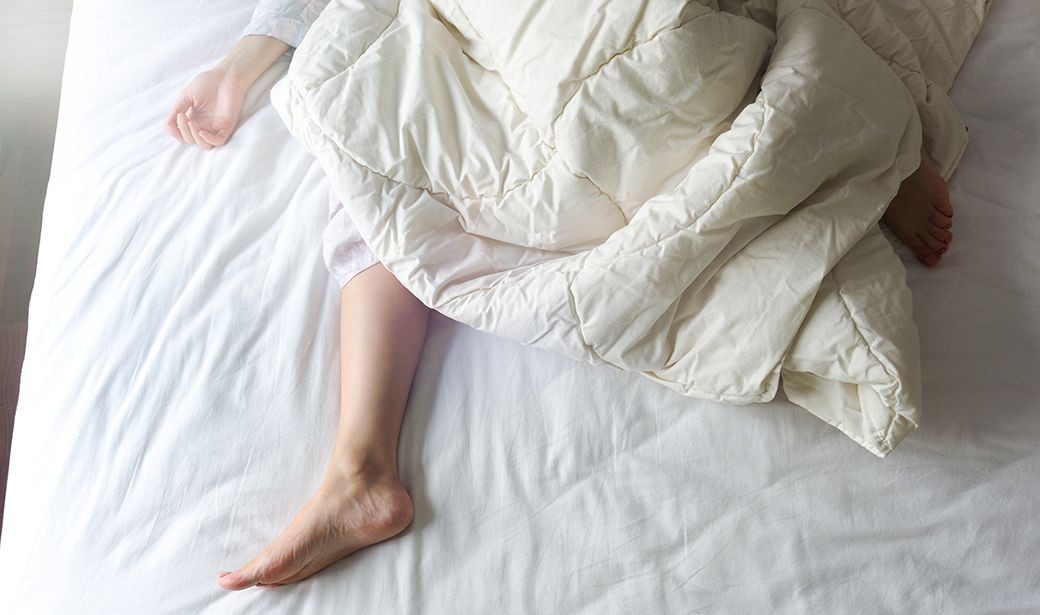
Sleeping Accessories: Tempur offers a special item called the Leg Spacer / Bed Wedge that can help put your legs at bay when sleeping while relieving pressure and improving blood circulation.
Tempur Leg Spacer
Recommended for use between your legs or under your ankles to relieve pressure & improve circulation
ADD TO CART
Tempur Bed Wedge
Adds extra comfort to your bed for better support & relaxation. Can also be used as back support when sitting, watching TV or under your legs when resting on your back. Provides better circulation and back relief.
ADD TO CART

4. Acid Reflux
Acid reflux occurs when stomach acid flows back into the esophagus, causing heartburn. This can be particularly problematic at night, leading to sleep disruptions. People with nighttime acid reflux often wake up coughing or feeling a burning sensation in their chest.
How to Alleviate Acid Reflux:
-
Elevate your head: Elevating one’s head prevents acid from traveling back up the esophagus. Tempur’s adjustable bed ensures that one is in the correct position to prevent this from happening. For a cheaper alternative, Tempur also has the Symphony Pillow which elevates the head significantly while remaining upright and comfortable for the user. For additional control, you may also avail of a Tempur Adjustable Bed. Experience unrivalled comfort, convenience and wellness with controls to elevate your head or your feet.
-
Avoid trigger foods: Stay away from foods and drinks that trigger reflux, such as spicy foods, alcohol, caffeine, and fatty meals.
-
Timing of meals: Try to avoid eating large meals or snacks close to bedtime. Allow at least 2-3 hours for digestion before lying down.
-
Medications: Over-the-counter antacids or prescription medications like proton pump inhibitors can help reduce acid production.
Tempur Symphony Pillow
A unique pillow offering flexible comfort and support for back and side sleepers with its gently contouring edges and a thicker profile that follows the natural curvature of your body. Recommended for people with acid reflux and frozen shoulders.
ADD TO CART
Tempur Adjustable Bed
Includes a Tempur mattress, Bed Base, and Bed Frame. Control and adjust your own space of comfort freely that allows for perfect body alignment even when watching TV. Elevating your head and lower body reduces snoring, alleviate acid reflux, and improve breathing & blood flow.
INQUIRE NOW
5. Stiff Neck
A stiff neck might not be a sleep disorder in itself, but it can certainly affect sleep quality. Poor sleeping posture, inadequate pillows, or an unsupportive mattress can contribute to neck stiffness, leading to discomfort and restless sleep.
How to Alleviate a Stiff Neck:
-
Use the right pillow:
Choose a pillow that supports your neck’s natural curve. Picking out the right pillow is a significant change that can help battle a stiff neck. Tempur’s ErgoPlus Pillow has a curved edge and centered notch that supports your head and neck and minimizes movement while you sleep. Tempur has a variety of ergonomic pillows with different height options so one can choose the perfect pillow based on their unique body type and sleeping preference.

-
Sleeping position:
Sleeping on your back or side can reduce strain on your neck. Avoid sleeping on your stomach, as it can force your neck into an awkward position.
-
Mattress support:
Make sure your mattress is supportive enough to relieve body pressure. An unsupportive mattress can exacerbate neck pain.
Recognizing and addressing common sleep disorders is key to improving the quality of your rest and, consequently, your overall health. If any of the symptoms mentioned seem familiar, consider speaking with a healthcare provider to determine the right course of action. With proper treatment, many of these disorders can be effectively managed, allowing you to enjoy restful, rejuvenating sleep.
Investing in the best sleep essentials greatly reduces the chances of experiencing these sleep disorders. Even finding the right pillow for you may drastically improve your sleep for the better. With Tempur’s wide range of ergonomic pillows, you may just personally find what you need for your everyday sleep. Visit our shop page and get your sleep essentials now!
Bibliography:
MedlinePlus [Internet]. Bethesda (MD): National Library of Medicine (US); [updated 2024 Apr 26]. Sleep Disorders; [cited 2024 Oct 8]. https://medlineplus.gov/sleepdisorders.html
Pacheco, D. (2024, May 7). Sleep disorders. Sleep Foundation. https://www.sleepfoundation.org/sleep-disorders


